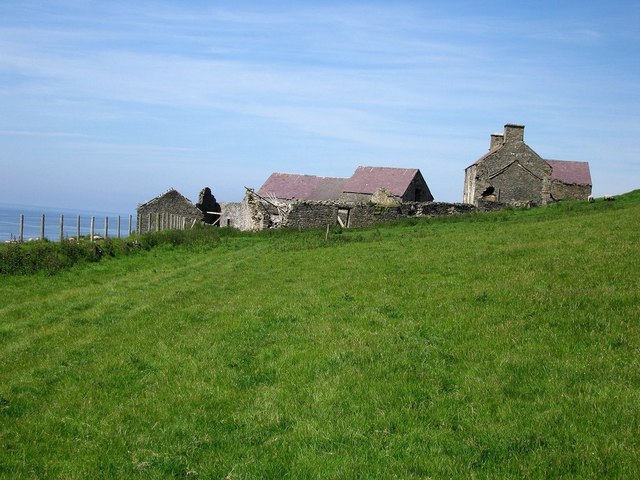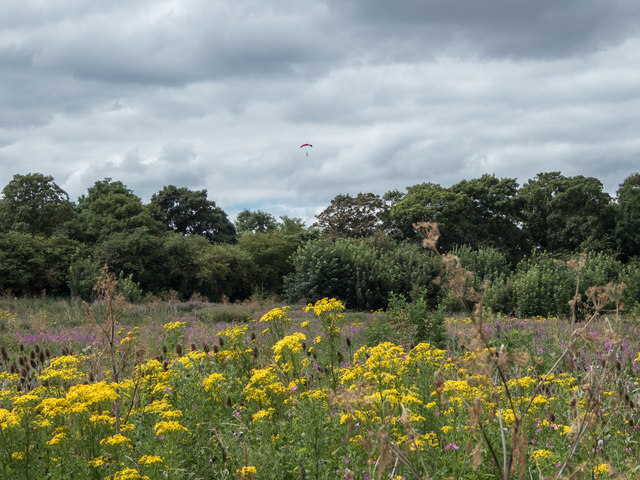Wales is one of the three devolved government regions which along with England make up the four countries in the UK. Its agricultural sector is, in absolute terms, small. Around 38,400 holdings farm an area of 1.9 million hectares, with an average farm size of 49 hectares. Just over 15,000 of these holdings receive support under Pillar 1 of the CAP as many of them are deemed to be ‘very small’ with insignificant agricultural activity. These farms produce output valued at £1.6 billion in 2017, contributing a gross value added of €457 million and a total income from farming (TIFF) of £276 million in that year (statistics taken from Wales Statistics and Research, Farming Facts and Figures, Wales 2018 and the Aggregate agricultural output and income web page).… Read the rest
Does the WTO discipline really constrain the design of CAP payments?
This post is contributed by Jean-Christophe Bureau who is professor of of economics at AgroParisTech, Université of Paris-Saclay, and heads the joint research team in public economics of INRA, the National Institute for Agricultural Reseach in France.
The idea that the definition of CAP instruments has been (and still is) heavily constrained by World Trade Organisation rules is widespread. In debates on the post 2020 CAP, the issue of compatibility with WTO disciplines is raised each time coupled payments, countercyclical payments, support to production in less favoured areas, risk management or income stabilization schemes are discussed. An issue of particular interest (which this post focuses on) is environmental payments.… Read the rest


